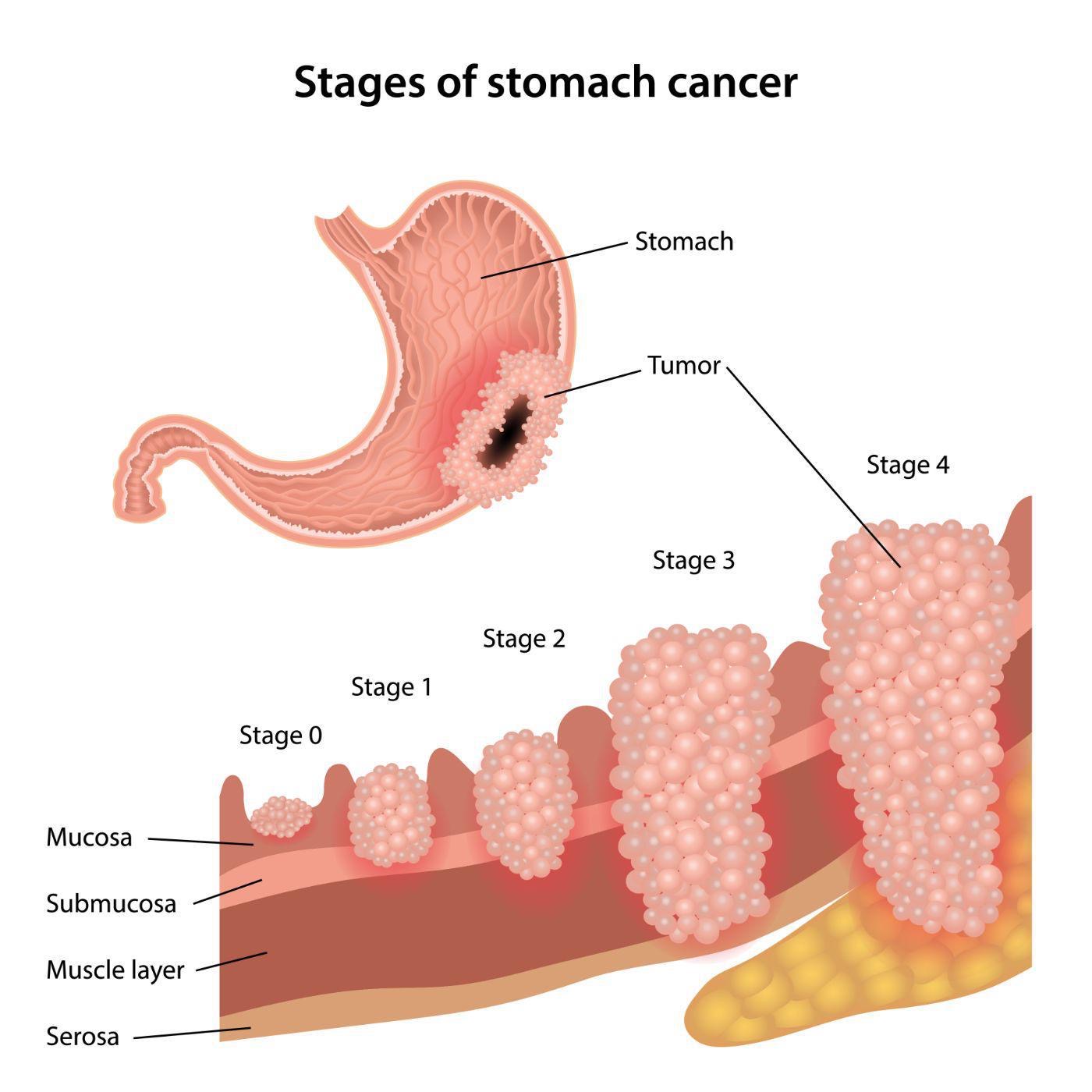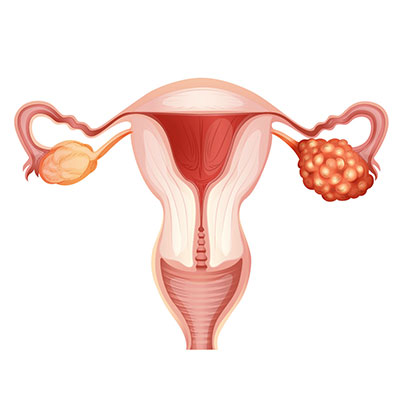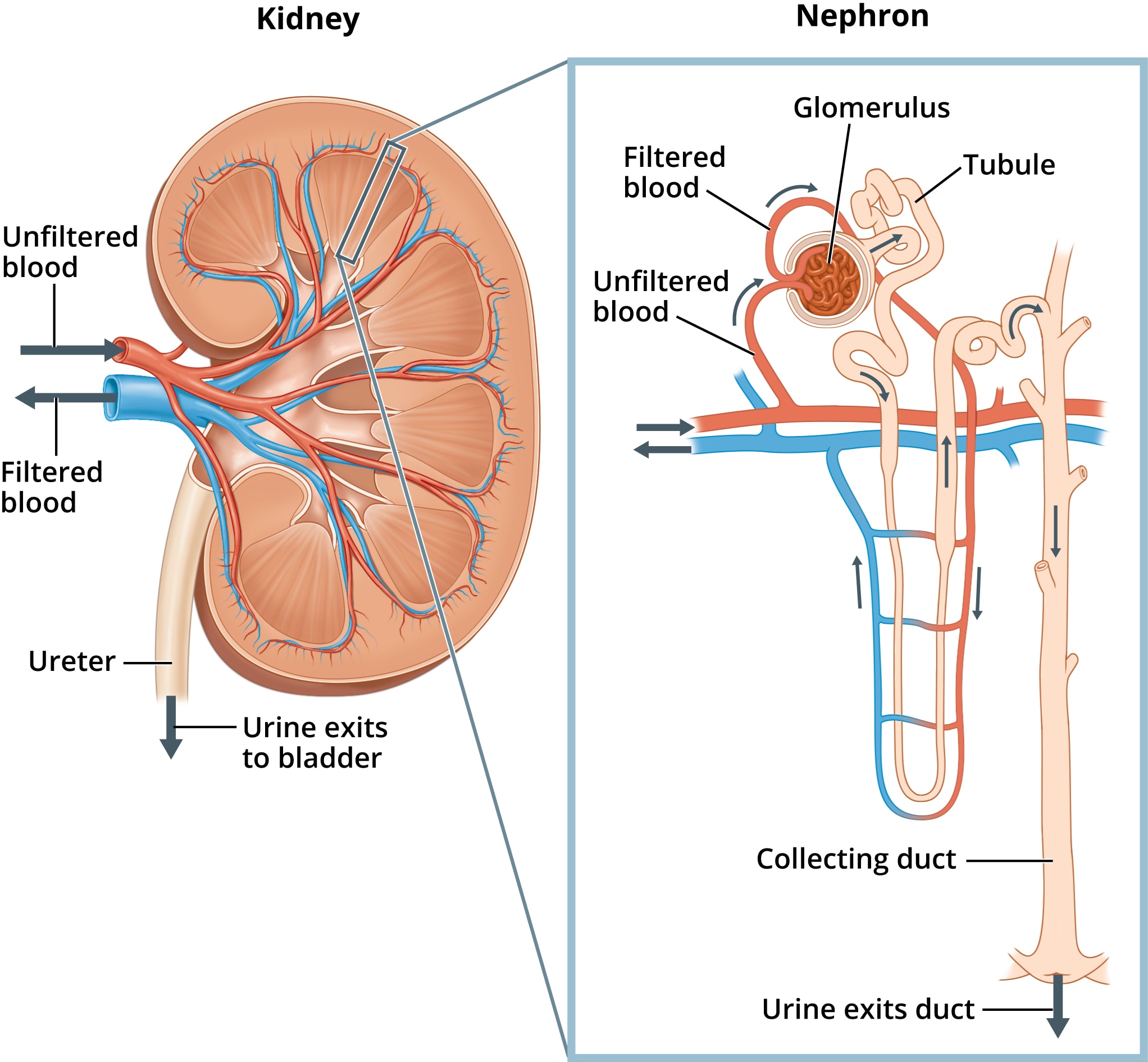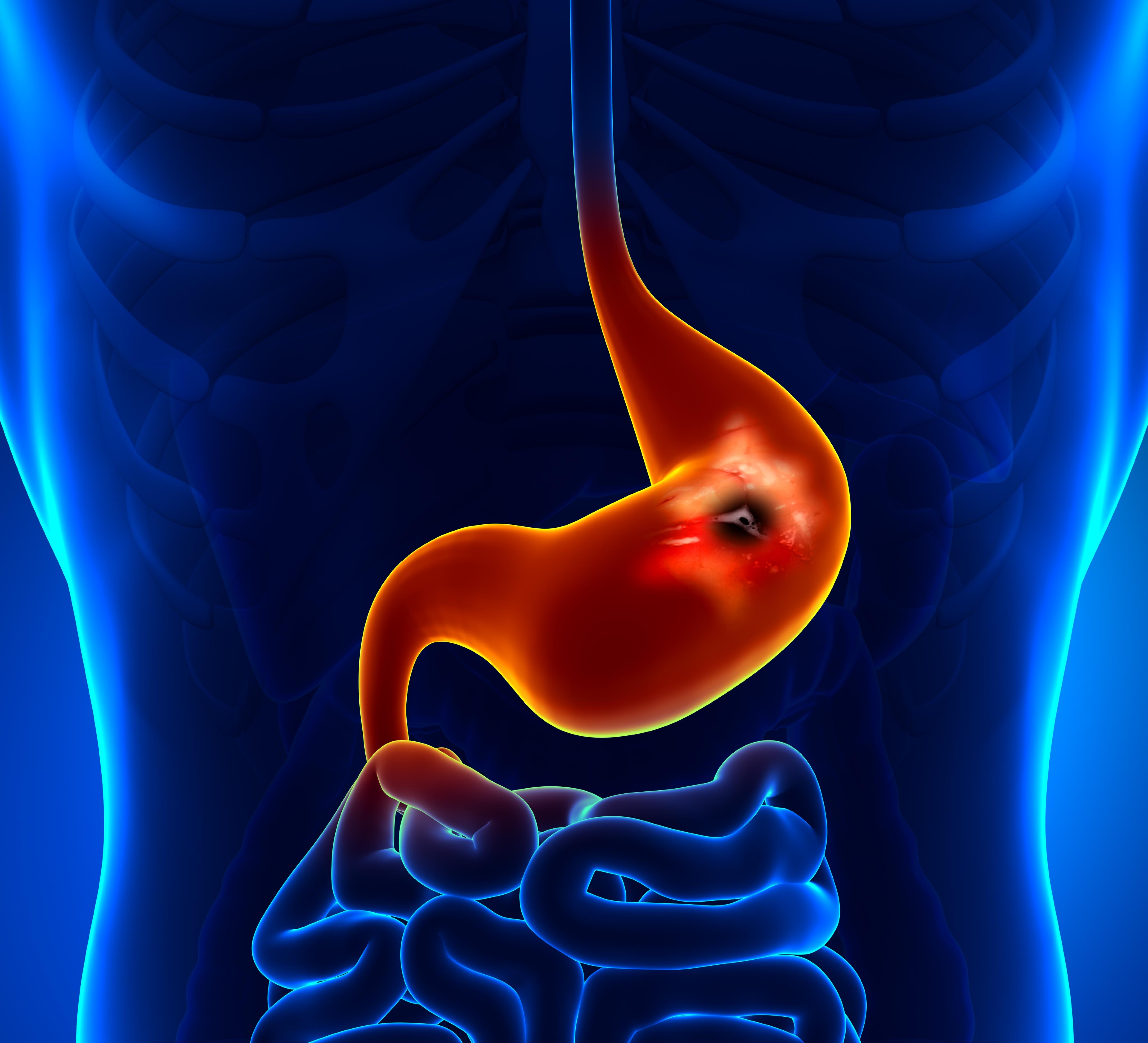Uncovering the Mysteries of Gastric Cancer: Understanding Risk Factors, Symptoms, and Treatment Options"
Abstract:
Gastric cancer is a significant health concern worldwide and is responsible for a high number of cancer-related deaths. Despite advances in diagnosis and treatment, gastric cancer remains difficult to detect in its early stages, leading to poor outcomes for many patients. This article provides an overview of gastric cancer, including its risk factors, symptoms, and treatment options. Additionally, this article highlights the importance of early detection and prevention strategies in reducing the burden of gastric cancer.
Introduction:
Gastric cancer is the fifth most common cancer worldwide and the third leading cause of cancer-related deaths. The incidence and mortality rates of gastric cancer vary significantly by geographic region, with higher rates observed in Eastern Asia and South America. In recent years, there has been significant progress in our understanding of the risk factors, symptoms, and treatment options for gastric cancer. However, despite these advances, gastric cancer remains a significant health concern, with poor outcomes for many patients.
Gastric cancer is the fifth most common cancer and the third most common cause of cancer death globally. Risk factors for the condition include Helicobacter pylori infection, age, high salt intake, and diets low in fruit and vegetables. Gastric cancer is diagnosed histologically after endoscopic biopsy and staged using CT, endoscopic ultrasound, PET, and laparoscopy. It is a molecularly and phenotypically highly heterogeneous disease. The main treatment for early gastric cancer is endoscopic resection. Non-early operable gastric cancer is treated with surgery, which should include D2 lymphadenectomy (including lymph node stations in the perigastric mesentery and along the celiac arterial branches). Perioperative or adjuvant chemotherapy improves survival in patients with stage 1B or higher cancers. Advanced gastric cancer is treated with sequential lines of chemotherapy, starting with a platinum and fluoropyrimidine doublet in the first line; median survival is less than 1 year. Targeted therapies licensed to treat gastric cancer include trastuzumab (HER2-positive patients first line), ramucirumab (anti-angiogenic second line), and nivolumab or pembrolizumab (anti-PD-1 third line).
Challenges for gastric cancer are epidemiological and therapeutic. The first aim must be to reduce the incidence rate of gastric cancer through ongoing attention to improved public health, implementation of endoscopic screening programmes in high-risk areas, and development of novel, less invasive tools for early detection. A major challenge is to translate recent discoveries in molecular biology to effective treatment for patients with gastric cancer. Intratumoural, intrapatient
Risk Factors:
Several risk factors are associated with an increased risk of gastric cancer, including Helicobacter pylori infection, smoking, alcohol consumption, a diet high in salt and low in fruits and vegetables, and a family history of gastric cancer. Other risk factors include chronic gastritis, pernicious anemia, and previous stomach surgery. Understanding these risk factors can help identify individuals at increased risk of developing gastric cancer and inform prevention strategies.
Symptoms:
The symptoms of gastric cancer can vary and may be nonspecific, making it challenging to detect in its early stages. Some common symptoms include abdominal pain, nausea, vomiting, weight loss, and loss of appetite. Other symptoms may include difficulty swallowing, fatigue, and anemia. Patients who experience these symptoms should seek medical attention promptly to rule out the possibility of gastric cancer.
The most common symptoms associated with gastric cancer are indigestion (dyspepsia), anorexia (poor appetite) or early satiety, weight loss, and abdominal pain. Dysphagia or regurgitation might occur in proximal gastric cancer or cancers located at the gastroesophageal junction. Anaemia might be present in bleeding cancers. If symptoms are present at the time of diagnosis, the disease is often advanced and incurable.
Gastric cancer is diagnosed by endoscopic examination during which the tumour
Complications - 1. Gastric cancer, also known as stomach cancer, can lead to several complications, including:
2.Metastasis: Gastric cancer can spread to other parts of the body, such as the liver, lungs, and bones, through the lymphatic system or blood vessels.
3.Obstruction: A tumor in the stomach can block the passage of food through the digestive tract, leading to symptoms such as nausea, vomiting, and abdominal pain.
- Bleeding: Gastric cancer can cause bleeding in the stomach, which can lead to anemia, black or tarry stools, or vomiting blood
- Perforation: In rare cases, gastric cancer can cause a hole to form in the stomach, leading to a life-threatening infection known as peritonitis.
- Malnutrition: Gastric cancer can affect the body's ability to absorb nutrients from food, leading to weight loss, weakness, and malnutrition.
- Ascites: Advanced gastric cancer can lead to the accumulation of fluid in the abdomen, a condition known as ascites.
- Jaundice: If the tumor blocks the bile duct, it can lead to a buildup of bilirubin in the blood, causing jaundice
- Depression: Gastric cancer can have a significant impact on a person's emotional well-being, leading to depression, anxiety, and other psychological symptoms.
- It is essential to seek medical attention if you experience any symptoms of gastric cancer, as early diagnosis and treatment can improve outcomes and reduce the risk of complications
Treatment Options:
The treatment options for gastric cancer depend on the stage of the cancer and may include surgery, radiation therapy, chemotherapy, or a combination of these treatments. For patients with early-stage gastric cancer, surgery may be curative, while patients with advanced-stage disease may require a combination of chemotherapy and radiation therapy. In recent years, there has been significant progress in the development of targeted therapies for gastric cancer, which have shown promising results in clinical trials.
Despite advances in understanding the biology of gastric cancer, surgical or endoscopic resection is still a mandatory backbone in treatment with curative intent. In the past decades, gastric cancer surgery has been dominated by two main themes: a discussion of the optimal extent of lymphadenectomy; and the rapid digital technology development of screen-based intervention techniques that have led to minimally invasive interventions such as endoscopic mucosal resections for early gastric cancer
Endoscopic resection is now established as upfront management for most early gastric cancer cases and can be considered as a definitive treatment unless substantial risk factors for lymph node metastases are present.78, 79, 80 The strongest risk factor for lymph node metastasis is the presence of lymphovascular invasion. Other risk factors include submucosal invasion (T1b), poor differentiation, ulceration, and large tumour size.78 There are currently two main endoscopic resection techniques
increases the chance for curative resection, eliminates early microscopic spread, and allows an in-vivo response assessment of treatment. Based on the results of randomised controlled trials, preoperative and perioperative chemotherapy became the standard for the management of patients with locally advanced gastric cancer in the Western hemisphere and in parts of the Asia–Pacific region
Several Japanese and South Korean have shown improvements in overall survival using adjuvant chemotherapy. Adjuvant chemotherapy is fluoropyrimidine based using either monotherapy with S-1 (a combination of tegafur, gimeracil, and oteracil) or combination treatment with capecitabine and oxaliplatin or S-1 and docetaxel. Adjuvant chemotherapy is the standard of care for Asian patients (table).114, 126 Of note, in these Asian landmark studies that proved the efficacy of adjuvant chemotherapy,
Conclusion:
Gastric cancer is a significant health concern worldwide, with a high mortality rate. Early detection and prevention strategies are essential in reducing the burden of gastric cancer. Understanding the risk factors, symptoms, and treatment options for gastric cancer is crucial in improving outcomes for patients. Further research is needed to identify new prevention and treatment strategies for this deadly disease.
References:
Fitzmaurice C, Abate D, Abbasi N, et al. Global, Regional, and National Cancer Incidence, Mortality, Years of Life Lost, Years Lived With Disability, and Disability-Adjusted Life-Years for 29 Cancer Groups, 1990 to 2017: A Systematic Analysis for the Global Burden of Disease Study. JAMA Oncol. 2019;5(12):1749-1768.
*Waddell T, Verheij M, Allum W, Cunningham D, Cervantes A, Arnold D; ESMO Guidelines Committee. Gastric cancer: ESMO-ESSO-ESTRO Clinical Practice Guidelines for diagnosis, treatment and follow-up. Ann Oncol. 2013;24 Suppl 6:vi57-vi63.
*Kudo T, Kakizaki S, Sohara N, et al. Analysis of the risk factors for gastric cancer in patients following cure of Helicobacter pylori infection. Digestion. 2008;78(2-3):56-63.
National Comprehensive Cancer Network. NCCN Clinical Practice Guidelines in Oncology: Gastr
Songun et al.
Surgical treatment of gastric cancer: 15-year follow-up results of the randomised nationwide Dutch D1D2 trial
CW Wu et al. Nodal dissection for patients with gastric cancer: a randomised controlled trial
GP Roberts et al.
Gastrectomy with Roux-en-Y reconstruction as a lean model of bariatric surgery

Articles from Afjal Ali
View blog
Karaganda medical university · corrosponding author - Mohammad Afjal · Ovarian cancer · Abstract - · ...

Nephrotic Syndrome: Understanding the Causes, Symptoms, and Treatment Approaches" · KARAGANDA MEDICA ...

"The Burning Truth About Gastric Ulcers: Causes, Symptoms, and Treatment Options" · Karaganda medica ...
Related professionals
You may be interested in these jobs
-
Tele sales executive
Found in: Talent IN C2 - 6 days ago
ITS (FINANCIAL SERVICES) LIMITED Bengaluru, India Full time, Part time, OtherOur growing financial business seeks an freshers / experienced, motivated Sales Representative to greet customers, help them find what they need. Were looking for a professional who can quickly absorb and retain product knowledge. The successful candidate will receive on-the-job ...
-

Senior Manager
Found in: beBee S2 IN - 3 days ago
iimjobs Gurgaon/Gurugram, India Full timeFemale candidates · The Accounts Payable Processing team focuses on designing, implementing, managing and supporting accounts payable activities by applying the relevant processes, policies and applications. · - The team is responsible for timely and accurate billing and process ...
-
SAP Opensource
Found in: Talent IN C2 - 3 days ago
SAM Manpower and Career Services LLP Sany, IndiaOverview: TheSAP Opensource role is crucial in our organizations efforts toleverage open source tools and enhance SAP module functionalities.The incumbent will play a pivotal role in developing integratingand optimizing open source solutions to streamline processes anddrive busin ...
 LIMITED&v=024)

Comments